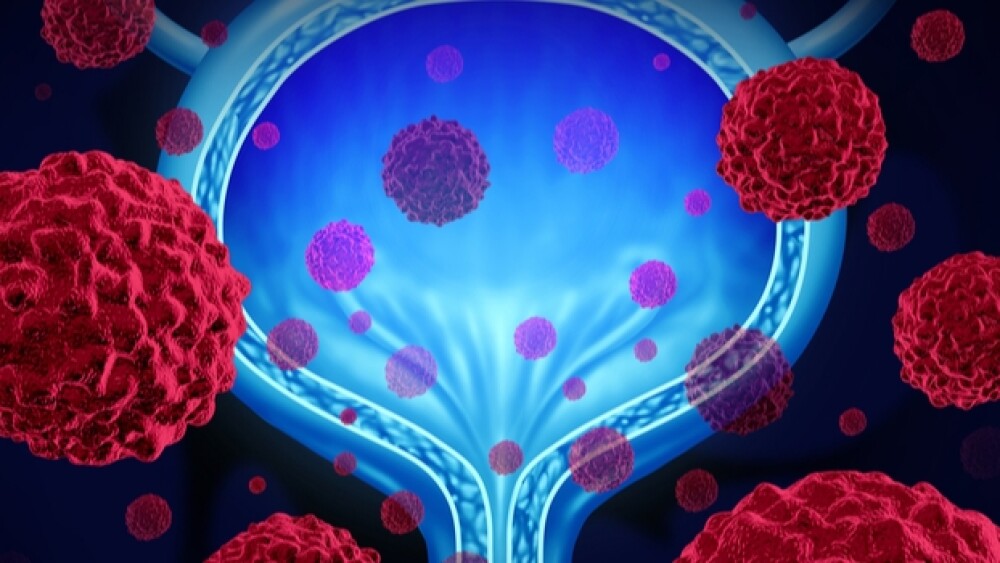A combination study of CG Oncology’s oncolytic immunotherapy and a checkpoint inhibitor is showing promise.
A combination study of CG Oncology’s oncolytic immunotherapy and a checkpoint inhibitor is showing promise. Interim data from a mid-stage study is showing that almost all evaluable patients diagnosed with Non-Muscle-Invasive Bladder Cancer (NIMBC) who are unresponsive to Bacillus Calmette-Guerin (BCG) have achieved a complete response after three months.
At the American Society of Clinical Oncology meeting, California-based CG Oncology, Inc. touted the combination of CG0070 and Merck’s Keytruda, as well as promising preliminary efficacy from a Phase Ib/II study of a combination of CG0070 and Bristol Myers Squibb’s checkpoint inhibitor, Opdivo as a neoadjuvant immunotherapy for Muscle-Invasive Bladder Cancer (MIBC) in cisplatin-ineligible patients.
Data from the Phase II CORE 1 study combining CG0070 with Keytruda showed that 92% of patients evaluable for efficacy achieved a complete response after three months. BCG, a live attenuated vaccine form of Mycobacterium bovis, is the standard of care for NIMBC. Of those patients who were evaluable for complete response at additional time points, the company noted that 88% have also maintained that level of response through six months. After nine months, 82% maintained a complete response and at one year, 75% showed a complete response.
The combination of CG0070 and Keytruda has been generally well tolerated. The data for CG0070 and Keytruda continues to build upon preliminary data from the Phase II CORE 1 study shared in April at the American Association for Cancer Research annual meeting.
Roger Li, a physician at the Moffitt Cancer Center in Tampa and lead investigator for the bladder study said the use of an oncolytic virus like CG0070 to first engage an immune response and then “amplifying that response” with a checkpoint inhibitor is yielding exciting results in bladder cancer. He said that CG0070 may be a potential game-changer to combat BCG-unresponsive bladder cancer.
CG Oncology is also assessing CG0070 as a monotherapy in the Phase III BOND-003 study.
Data from the Phase Ib/II study combining CG0070 with Opdivo showed a complete response rate in 54% of patients as of the cutoff date for ASCO. CG Oncology said a complete response was observed with six pathological complete responses at cystectomy and one clinical complete response in a patient who refused cystectomy. Treatment has generally been well tolerated with no patient discontinuing due to treatment-related toxicity.
Arthur Kuan, chief executive officer of CG Oncology, expressed excitement about the data from the two studies. Kuan said the interim data from both studies support the continued development of CG0070 in bladder cancer patients who are unresponsive to previous treatments.
“We hope to see continued positive results for CG0070 in combination with pembrolizumab (Keytruda) in NMIBC patients unresponsive to BCG, and also, in future studies, show combination activity with nivolumab in MIBC patients who have limited treatment options,” Kuan said in a statement.





